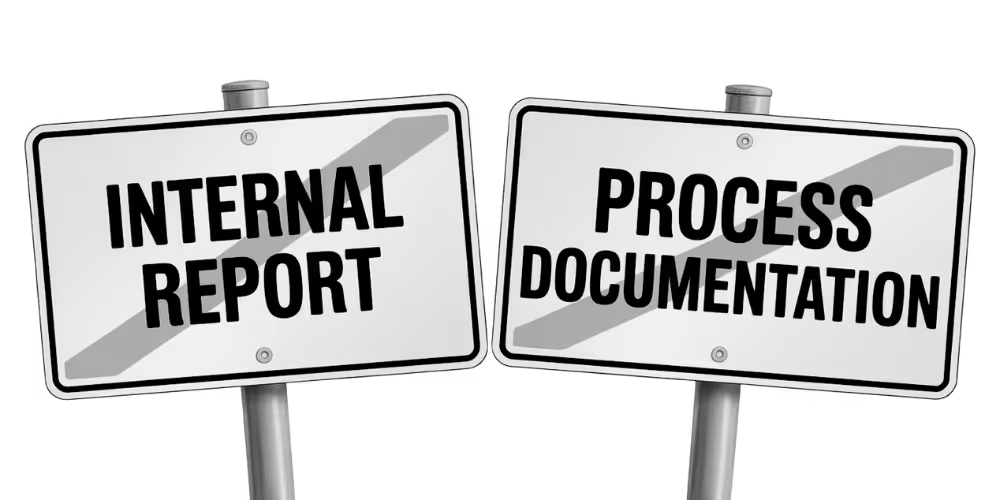White paper writer
White papers that drives decisions and deals
On larger, more complex deals, your buyers need more than a sales pitch. They need proof. That's the gap that white papers fill. They give a hesitant buyer the evidence they need to make a confident decision.
These stats show their impact:
• 78% of B2B buyers use white papers to support purchasing decisions (DGR)
• Buyers who read a company’s white paper spend 40% more on future purchases (Forrester)
• White papers convert to sales opportunities at 7%, nearly double the rate of other content formats (MarketingSherpa)
Find out below how we turn your valuable knowledge into a white paper that generates leads, earns buyer trust and opens high-value sales conversations.
.avif)

.avif)
















